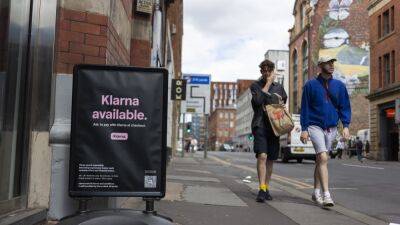Evictions in New York are soaring. It’s my job to stop the bleeding
L ast fall I began representing a woman who came to court to try to get her apartment back after she had been evicted just a few days prior. She was elderly, disabled and living alone on a fixed income after the passing of her husband. Our only option to restore her tenancy was to find a way to pay her ever-growing and insurmountable rental debt of over $40,000.
When we accepted this case, her prospects were bleak and no one believed that my office could get a positive result. The situation was difficult because once someone has been evicted, no defenses can be raised, and the money owed must be paid in full to retain the apartment – before the landlord rents it to someone else.
We had to petition the court three times to keep holding the apartment for a period of time, so the landlord couldn’t rent it to anyone else. Each time we went back to ask for an extension, the judge would say, “This is the last time, no more extensions,” but we’d go back anyway and keep asking.
When the pandemic hit, tens of thousands of New Yorkers fell behind on rent. So many people were struggling that the city issued an unprecedented moratorium on evictions: if you could not pay your landlord due to Covid-related hardships, you could still stay in your home.
At the same time, the city government expanded the rights of tenants to access free lawyers to challenge their eviction cases. If you were low-income in any borough – meaning if your income was 200% below the poverty line, or about $23,000 as an individual – you were entitled to free counsel. Help like this can be the difference between keeping your home and getting kicked out: according to the city, 84% of tenants who use this program successfully avoid eviction.
It’s a simple theory: if
Read more on theguardian.com
















